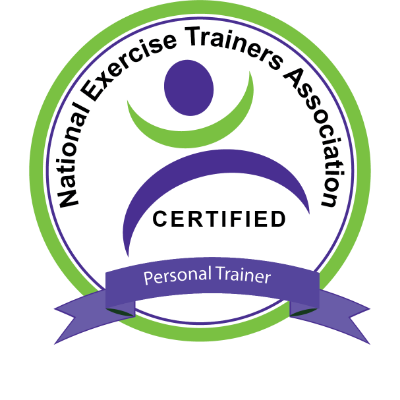Therefore do not worry about tomorrow, for tomorrow will worry about itself. Each day has enough trouble of its own. Matthew 6:34 NIV
This is Part 1 of a series on stress. No one is immune to stress, to worry, or feeling anxious. We have all felt, to varying degrees, the effects of stress in our lives. When Jesus teaches us not to worry, I wonder if that is even possible. When Paul writes to the Philippians do not be anxious about anything, I wonder if they thought it was possible. Philippians 4:6. The Bible uses the words worry (New International Version), anxious (English Standard Version), and thought (King James Version). We use the word stress. We will investigate the definition of stress, types of stress, effects of stress on the body, and most importantly, tools/techniques to help manage stress.
How would you define stress? What do you worry about? When do you find yourself anxious?
Take a moment to think about the last time you felt stressed out, REALLY stressed out. Was it a negative or positive stress? We often only associate it with being harmful or negative. But stress can be positive as well. Stress can motivate us to make changes or learn new things. It can also propel us to be more productive and focused.
So…how would you define stress? The American Institute of Stress (AIS) defines stress as “the non-specific response to the body to any demand for change.” A “one size fits all” definition is almost elusive, according to the experts, as it must include both attributes of positive and negative connotations. Each of us have different opinions on what we find stressful, what causes us to worry, and makes us feel anxious. This is interesting…what stresses one person out might allow for another person to thrive. I find this empowering actually…something that is really stressful to me, someone else might not be bothered at all. What I think about, or what I tell myself about the stressor becomes very important (we will explore this in upcoming posts).
Let’s look at the types of stress (this may help see stress as…well…not so stressful!)
Eustress = positive connotations. Examples include marriage, promotion, planning for a vacation, graduation, a new baby, competing in a race
Distress = negative connotations. Examples include health issues, financial problems, relationship issues, work/career difficulties
Stress can also be defined as acute or chronic. Acute stress is typically short term and the most common. Examples include being stuck in traffic, threat of severe weather, or being late for a meeting or appointment. Chronic stress is typically long term and stems from daily living. Examples include paying bills/finances, kids, job related issues, relationship troubles.
Science has proven that stress effects our bodies in many ways. It is chronic stress that has the most detrimental effects on the body. Symptoms of stress can appear as health complications, anxiety/depression, appetite changes, lack of focus, mood and behavioral changes, and simply feeling overwhelmed. Overall stress, worry, and anxiety can play a huge role on our well being; physically, emotionally, psychologically, and spiritually. Could that be why Jesus taught us not to worry or be anxious?
Did you know we have a nerve in the body, called the Vagus nerve (which means “wanderer” in Latin), that when activated or stimulated helps to calm us down. It is our tenth cranial nerve (longest and most complex) that runs from our brain and wanders through our abdomen, affecting almost all of our major organs. The Vagus nerve contains parasympathetic fibers which is our “rest and digest” system in the body. Wondering how to get this nerve going?
Deep breathing! Have you ever heard the saying, “take a breath”? Have you ever told someone who was worried or anxious or overly excited to “take a breath”? There is power in deep breathing to help calm the body.
What I think is pretty cool is that Jesus teaches us not to worry, and we have a nerve in the body that can help us with that. Science is great, but God is greater.
Deep breathing can be practiced anywhere and anytime. Find a comfortable place to either sit or lie down with eyes softly closed. Inhale through the nose, feeling the lungs and abdomen expand. Exhale slowly, pursing the lips (like blowing out a candle). Practice making the exhale about twice as long as the inhale. Notice the response in the body. Studies have shown that even just a couple of minutes of this breath work, can help calm and relax the body.
I have attached a short movement practice for more exploration. Enjoy!!
In Part 2, we will learn about the stress response in our bodies and Cognitive Behavior Therapy (CBT).




